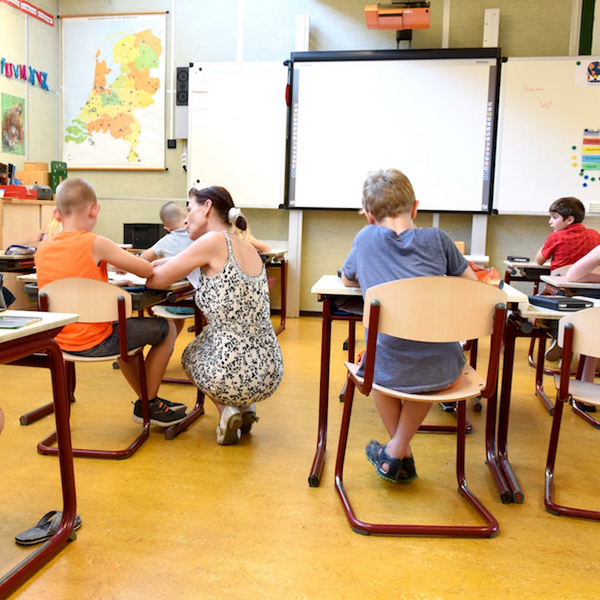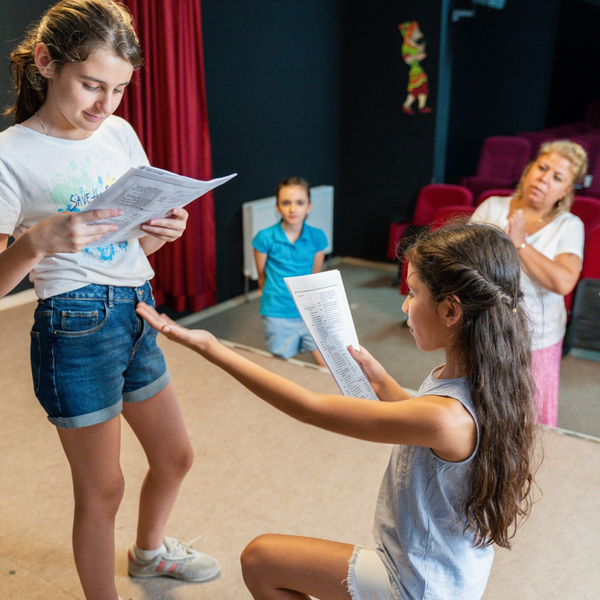Research -- StepUp to Learn
Does Cognitive Control Training Really Work?
Training exercises designed to improve cognitive control in children aim to improve their ability to delay gratification and their academic achievement. But do they really work?
Teachers’ Growth Mindset Appears More Important Than Warmth
Students tend to like friendly teachers, but they like those who believe they can improve even more, new research indicates.
Need to Improve Focus? This One Habit Can Keep You On Task
New research provides evidence that this simple and easily implementable change can help individuals better sustain their attention and reduce attention lapses.
How To Get Students To Think (and Transform Your Classroom)
After a series of failed attempts at improving students’ problem solving in the classroom, one former teacher came up with the idea of building a ‘thinking classroom’ and a research project designed to find ways to help teachers build it.
Research Casts Doubt on This Longtime Academic Practice
This longtime academic practice has no impact—positive or negative—on reading development for elementary school students.
Early Self-Regulation Boosts Children’s Educational Success
Teaching children how to manage their attention and impulses in primary school had a positive long-term effect on their later educational success.
How Dopamine Hacks Decision Making
New insight into how dopamine controls learning and decision-making processes.
Whether a Task Feels ‘Easy’ or ‘Hard’ May Be Due to Dopamine
Why do physical efforts feel “easy” to some and exhausting to others? It may come down to the brain chemical dopamine (and why that matters).
Stressed at School? Kids Cope Better With Exercise
From positive associations to preventing the release of too much cortisol, learn how daily exercise boosts resiliency in kids.
Want to Increase Resiliency in Kids? Teach Creativity
Kids imagine themselves as different characters it builds creativity which can make them more resilient.
Mind-Body Connection is Built into Brain
The mind-body connection is designed to help us learn and remember, and to use what we know as tools for new learning and problem-solving.
How to Outsmart Dopamine and Limit Your Kids' Screen Time
A better understanding of what's going on in kids' brains while they're streaming and scrolling offers powerful insights into how parents can better manage and limit these activities.












